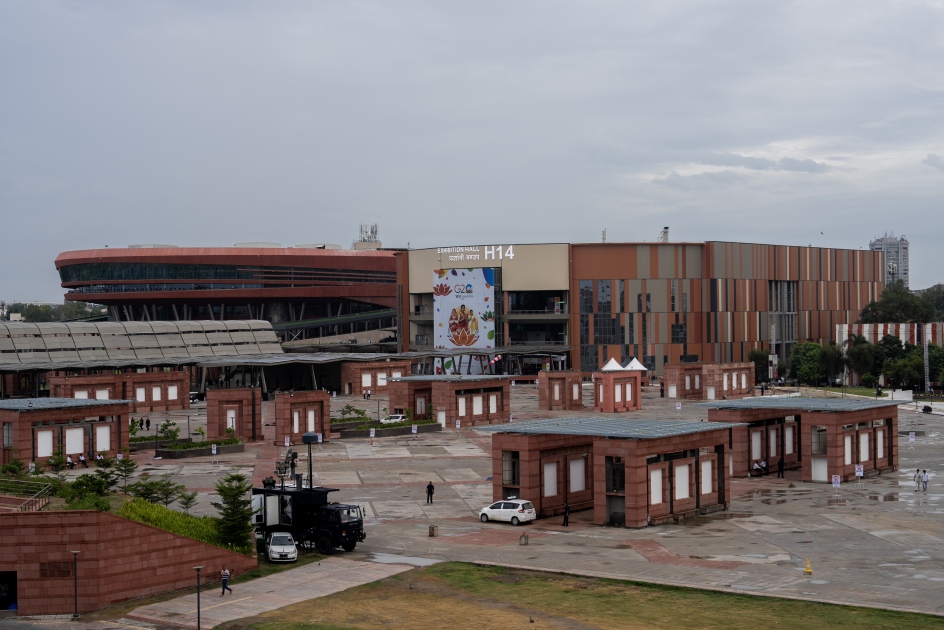
India in the spotlight as G20 Summit kicks off in New Delhi
The 18th Group of 20 (G20) Heads of State and Government Summit kicked off today in the Indian capital, New Delhi, with deliberations covering key global issues, as well as accelerating collective progress to drive sustainable development, balanced economic growth and climate action worldwide.
In his opening statement, India's Prime Minister Narendra Modi said that “the 21st century is a time that has the potential to give a new direction to the entire world. It's a time when years-old challenges demand new solutions from us. Therefore, we must move forward by fulfilling all our responsibilities with a human-centric approach.”
“After COVID-19, a huge crisis of lack of trust has come in the world. Conflict has deepened this trust deficit,” the Indian Prime Minister explained. “Today, as the President of the G20, India invites the entire world to come together and, first and foremost, transform this Global Trust Deficit into global trust and confidence.”
He said that world nations must move towards concrete solutions for current challenges, not just for the present but also for future generations.
He highlighted the purpose of India's G20 presidency as becoming “a symbol of inclusion, both within the country and beyond”.
“It has become a 'People's G20’. Millions of Indians have engaged with it,” Modi added. “Over 200 meetings have been held in more than 60 cities across the country.”
As this year's host country of the two-day summit, India chose the theme “One Earth, One Family, One Future” to reflect its commitment to achieving just and equitable growth for all nations of the world.
This year's summit welcomes the UAE as a guest of honour, with the country set to participate in dialogues and meetings with international partners to discuss bolstering cooperation in promoting balanced economic growth and boosting climate action, among other areas.
The G20 India Presidency's agenda focuses on a number of key issues, including climate change and environmental protection, economic recovery and growth, food security and agricultural development, poverty eradication and inequality, peace and security and technology and innovation.



























